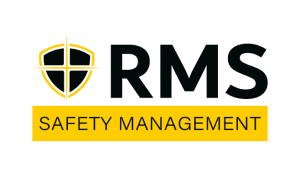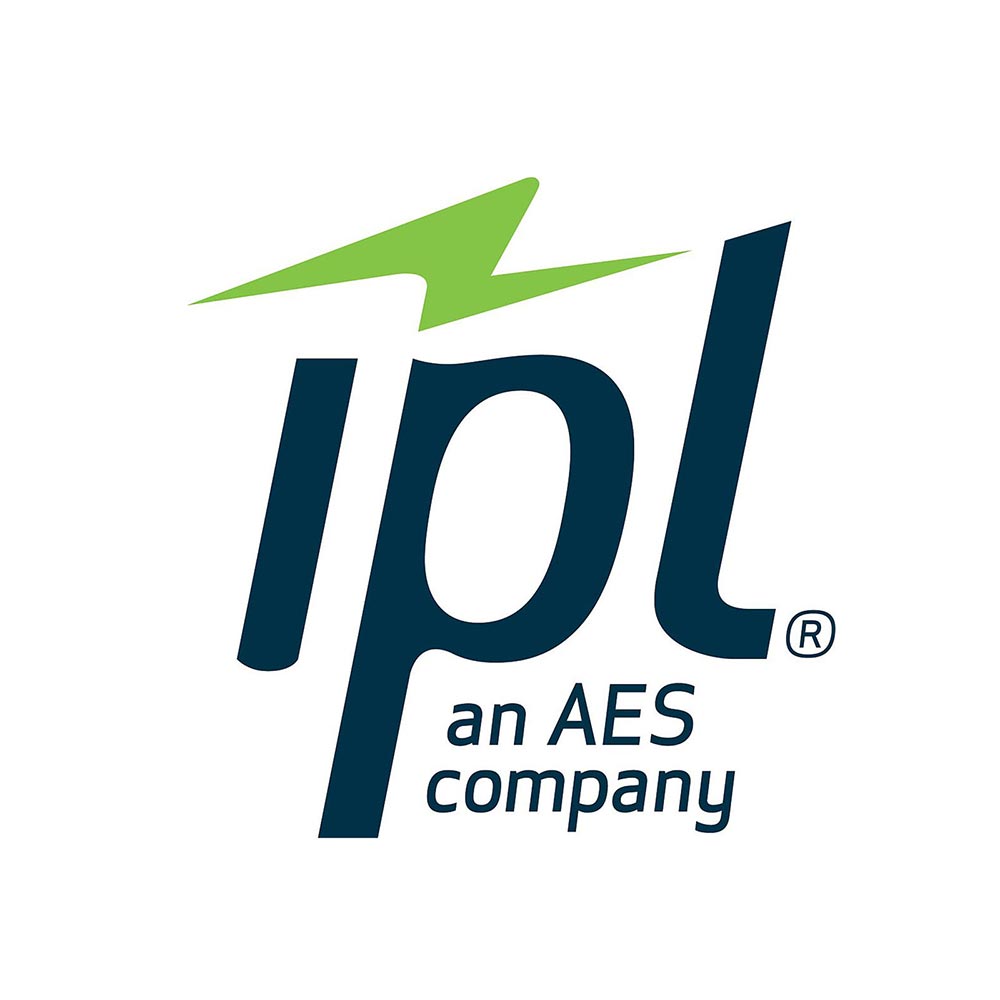On April 8, OSHA published a Compliance Procedure Letter (CPL) about their National Emphasis Program (NEP) on heat related hazards. For clarity sake, a CPL is a letter published by federal OSHA that is issued to all OSHA offices with the intent of establishing consistent enforcement about a topic or standard. An NEP is a program that prompts OSHA to conduct inspections whenever certain criteria are met. We are publishing this article to provide you with some of the highlights found in the recent CPL. These highlights include:
- The CPL requires all federal OSHA offices to follow the NEP on heat hazards, and “strongly encourages” all state plans to follow along.
- The NEP involves indoor work that poses heat stress hazards (not just outdoor work).
- OSHA offices are encouraged to conduct in-person investigations complaints and reported hospitalizations.
- Compliance Officers are told to open-up a programmed inspection on heat stress whenever they are observe a hazardous heat condition, they see a heat-related case recorded on an OSHA 300/301 form, if a heat hazard is brought to their attention, and/or when the National Weather Service issues a “Heat Warning or Advisory” (i.e. the heat index is above 100 degrees F for at least 2-days).
- During these programmed inspections, compliance officers will want to review OSHA logs, interview employees, and review any written heat-stress prevention programs.
- Some of the items they would like to see in written heat-stress prevention programs include: methods for monitoring heat levels, providing access to cool water, ensuring rest breaks, providing access to shade, allowing new/returning workers to get acclimatized to the heat, use of a “buddy system” on hot days, utilization of administrative controls (earlier/later start times, job rotation, etc.), and awareness training.
- Compliance officers are encouraged to cite the following regulations when violations occur: Section 5-A-1 (General Duty Clause), 1910.141 or 1926.51 (providing potable water), 1926.20b (safety and health programs), and 1926.21b2 (safety training),
While most employers have been taking precautions to protect their employees from the heat for years, their programs may not be as formalized or complete as they should be (i.e. using an acclimatization schedule). Now is the time to revisit or create your program! Let us know if you need help.
-Kevin Beswick, President RMS Safety

